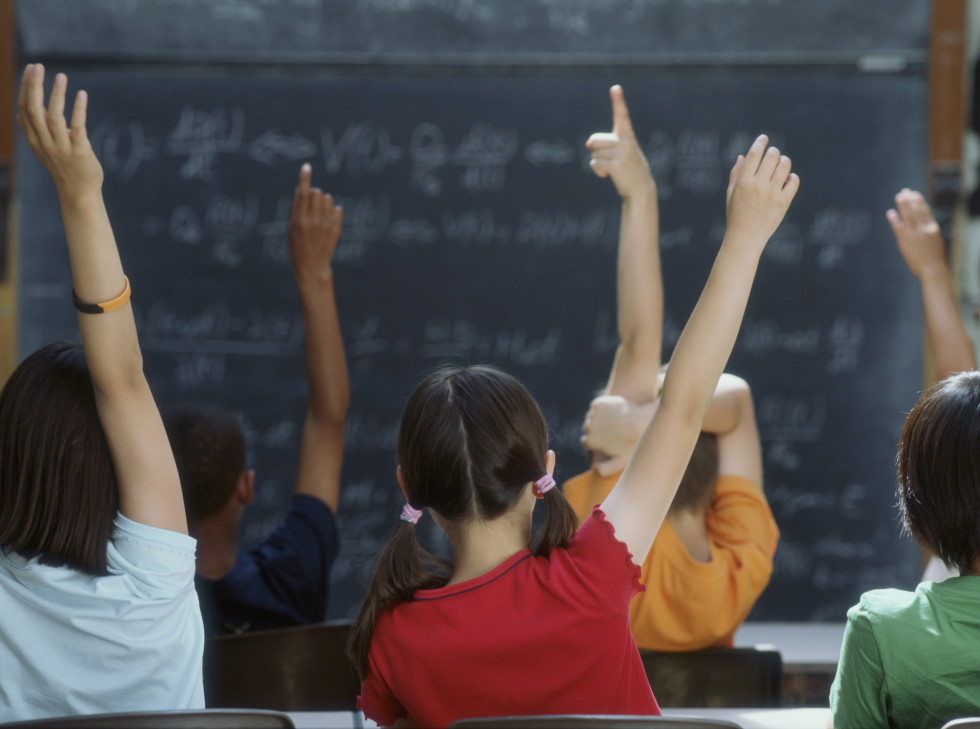PISA 2018: Slovenian adolescents surpass OECD average, with digital world presenting their main challenge
As pointed out by Minister of Education, Science and Sport Jernej Pikalo in comments on the results, Slovenia ranks among the most developed countries according to PISA’s research results, but it must remain watchful of trends such as the rise in the daily use of digital media, the gap in the results achieved by female and male students, and the decline in the motivational drive to read.
The latest PISA results indicate above-average achievements of Slovenian students compared to the OECD average in all three literacy tests. They confirm the high level of mathematical literacy of Slovenian 15-year-olds, which has surpassed the OECD average in all of the research rounds to date. In view of the previous round from 2015, when slight progress was achieved, literacy remains stable. The scientific literacy of Slovenian 15-year-olds has also been above-average in all of the research rounds thus conducted, but a slight negative trend is notable compared to previous rounds. As regards reading literacy, the previous round – from 2015 – indicated a significant improvement on the below-average results from 2009 and 2012, and although this year’s results regressed slightly compared to 2015, they remain above the OECD average.
In 2018, the research included a questionnaire for students to gather data relating to their welfare, i.e. their well-being, satisfaction with life, motivation, etc. Prior rounds of PISA research and other research already showed that Slovenian students show lower levels of motivation compared to their peers around the world. In 2018, the reading enjoyment of the young remains below-average considering the 2009 data. In this regard, the share of girls reporting that they only read when pressed has increased.
At the same time, research shows that enjoyment in reading is an important factor in reading performance, especially for students from weaker socio-economic and cultural backgrounds. In Slovenia, students who are successful in reading despite coming from a disadvantaged background express a significantly higher level of enjoyment in reading than others.
Data also indicate a low level of expressing positive emotions (joy, happiness and pleasure) among Slovenian 15-year-olds. Although the level of bullying is below the OECD average according to the 15-year-olds’ responses, the expressing of the sense of belonging in or acceptance at school is also below-average.
Moreover, research has shown that students are most “connected” on the internet, spending over three hours a day online, which is an increase of one hour from 2012. The digital world is thus becoming an important factor shaping their reality, while at the same time less than a tenth of them are able to differentiate between facts and opinions if these are conveyed in complicated or abstract statements.
Minister Pikalo emphasised at the press conference that the initial research results will be analysed in depth, this to be followed by appropriate measures. The process of improving quality should not be directed at better international rankings; rather, it must be focused on better provision of classes and achievement of sustainable knowledge, he stated.


